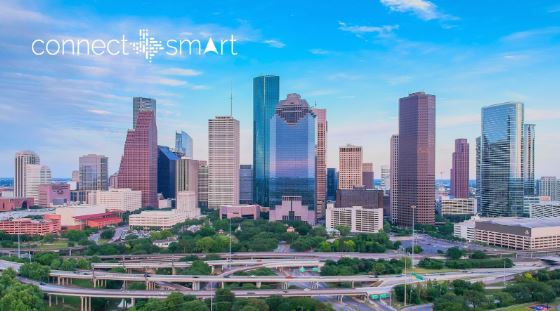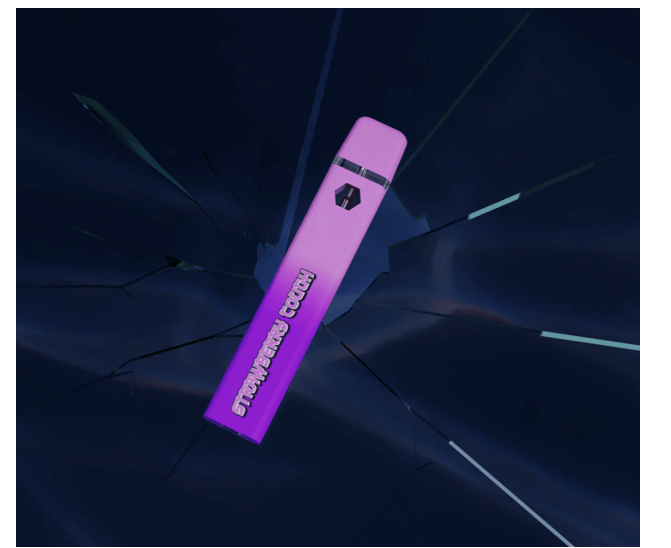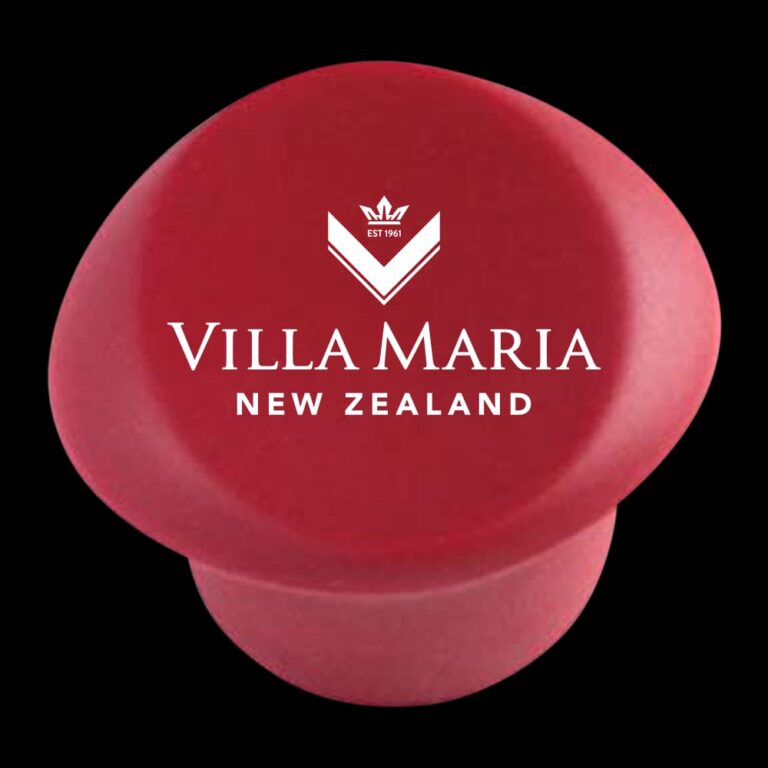Why Is Liability in a Slip-and-Fall Case So Difficult to Prove?
Slip-and-fall accidents are among the most common types of personal injury cases, yet proving liability in these cases can be surprisingly challenging. While the injuries sustained in slip-and-fall accidents can be severe, determining who is responsible for the hazardous conditions that caused the fall is often complicated by several legal factors.
Working with a Virginia slip and fall lawyer can help you navigate the complexities of these cases. A lawyer can assist in gathering the necessary evidence to prove that the property owner or another responsible party was negligent, and ensure that your rights are protected throughout the legal process.
Understanding Premises Liability
Slip-and-fall cases typically fall under the legal concept of premises liability. This refers to the responsibility of property owners to maintain safe conditions on their property. If a person is injured due to unsafe conditions—such as wet floors, uneven surfaces, or poor lighting—on someone else’s property, the owner could potentially be held liable.
However, not every slip-and-fall accident automatically leads to liability. The injured party must prove that the property owner was negligent in their duty to maintain safe conditions, which is where many slip-and-fall cases become difficult to prove.
Factors That Complicate Proving Liability
Several factors contribute to the difficulty of proving liability in slip-and-fall cases:
1. Establishing Negligence
To prove negligence in a slip-and-fall case, the injured party must demonstrate that the property owner knew, or should have known, about the hazardous condition and failed to take reasonable steps to fix it. This is not always easy to establish, as the owner may claim that they were unaware of the dangerous condition or that it occurred shortly before the accident, giving them no time to address it.
For example, if someone slips on a wet floor, they must prove that the property owner either created the hazardous condition or failed to clean it up within a reasonable amount of time. A Virginia slip and fall lawyer can help by gathering evidence such as security footage, maintenance logs, or witness testimony to support your claim of negligence.
2. Comparative Negligence
In some cases, the injured party’s actions may also be called into question. Under Virginia law, if the injured person is found to be even slightly at fault for the accident, they may be barred from recovering any compensation due to the state’s contributory negligence rule. This means that if the property owner can show that the injured party was not paying attention, wearing inappropriate footwear, or disregarded warning signs, they might avoid liability altogether.
Comparative negligence is often a major defense in slip-and-fall cases, making it even harder for the injured party to secure compensation. Having legal representation can be crucial in these cases, as your lawyer will work to demonstrate that the property owner bears full responsibility for the accident.
3. Lack of Direct Evidence
In many slip-and-fall cases, direct evidence of the hazardous condition may be lacking. For example, the spill that caused the fall may have been cleaned up quickly after the accident, or there may be no video footage of the incident. Without clear evidence, it becomes a matter of the injured party’s word against the property owner’s.
Additionally, some hazards, such as uneven flooring or poor lighting, may not leave obvious evidence of their existence at the time of the fall. This makes it difficult to prove that the property owner was negligent in addressing these conditions. In these cases, expert testimony, photos, or an inspection of the property may be required to establish the hazard’s presence and the owner’s responsibility.
4. Proving Notice
In slip-and-fall cases, proving that the property owner had “notice” of the hazardous condition is often a key point. There are two types of notice:
- Actual Notice: This occurs when the property owner or their employees are directly aware of the dangerous condition. For example, if an employee sees a spill and does nothing to clean it up, the property owner has actual notice.
- Constructive Notice: This occurs when the dangerous condition has existed for such a length of time that the property owner should have known about it, even if they weren’t directly informed.
Proving constructive notice can be difficult, as it requires demonstrating that the hazard was present for an unreasonable amount of time and that the owner failed to take action. A Virginia slip and fall lawyer can investigate the circumstances surrounding your accident and collect evidence to support a claim of actual or constructive notice.
5. Variability of Hazardous Conditions
One of the key challenges in slip-and-fall cases is that hazardous conditions are often temporary and may change rapidly. For example, a wet floor caused by rain or snow may be present one moment and gone the next. Similarly, an icy patch on a sidewalk could melt or be treated before anyone else sees it.
Because of this, it’s important for the injured party to document the scene of the accident as thoroughly as possible. Taking photographs or videos of the hazard immediately after the fall can help preserve evidence that may otherwise disappear. Witnesses who can testify about the condition of the property at the time of the accident can also be valuable in proving liability.
6. Property Owner Defenses
Property owners have several defenses they may use to avoid liability in slip-and-fall cases. These include:
- Open and Obvious Hazard: The property owner may argue that the hazardous condition was so obvious that the injured party should have seen it and taken steps to avoid it. For example, a large puddle of water with warning signs around it may be considered an open and obvious hazard.
- Assumption of Risk: In some cases, the property owner may argue that the injured party assumed the risk of injury by entering the property knowing that hazardous conditions existed. This defense is often used in cases where the injured party was aware of the danger but proceeded anyway.
A skilled attorney can counter these defenses by showing that the hazard was not as obvious as the property owner claims or that the injured party had no reasonable way of avoiding the dangerous condition.
How a Virginia Slip and Fall Lawyer Can Help
Proving liability in a slip-and-fall case can be an uphill battle, but working with an experienced Virginia slip and fall lawyer can improve your chances of success. A lawyer will:
- Investigate the accident: Your attorney will gather evidence such as security footage, maintenance records, and witness statements to support your case.
- Negotiate with insurance companies: Insurance companies often try to minimize payouts in slip-and-fall cases. A lawyer will handle negotiations to ensure you receive fair compensation for your injuries.
- Build a strong case: Your lawyer will work to prove that the property owner was negligent and that their negligence directly caused your injuries.
- Represent you in court: If a settlement cannot be reached, your lawyer will represent you in court to fight for the compensation you deserve.
FAQs About Slip-and-Fall Cases
1. What should I do immediately after a slip-and-fall accident?
Seek medical attention for any injuries and document the scene of the accident. Take photos or videos of the hazard that caused your fall, and gather contact information from any witnesses.
2. How long do I have to file a slip-and-fall lawsuit in Virginia?
In Virginia, the statute of limitations for personal injury claims, including slip-and-fall cases, is generally two years from the date of the accident.
3. Can I still recover compensation if I was partially at fault for the fall?
Virginia follows a strict contributory negligence rule, which means that if you are found even slightly at fault for the accident, you may not recover any compensation. It is crucial to have an experienced lawyer who can help establish that the property owner is fully responsible.
4. What types of compensation can I recover in a slip-and-fall case?
You may be entitled to compensation for medical bills, lost wages, pain and suffering, and any future medical care related to your injuries.
5. How long does it take to resolve a slip-and-fall case?
The timeline for resolving a slip-and-fall case depends on the complexity of the case and whether it goes to trial. Some cases settle within months, while others may take longer if litigation is necessary.
Conclusion
Proving liability in a slip-and-fall case can be challenging due to factors like establishing negligence, the potential for contributory negligence, and the lack of direct evidence. However, with the assistance of a Virginia slip and fall lawyer, you can build a strong case and improve your chances of receiving the compensation you deserve. A lawyer will help navigate the legal process, gather evidence, and counter any defenses raised by the property owner, ensuring your rights are protected throughout your claim.




